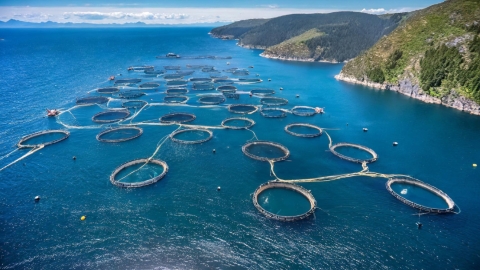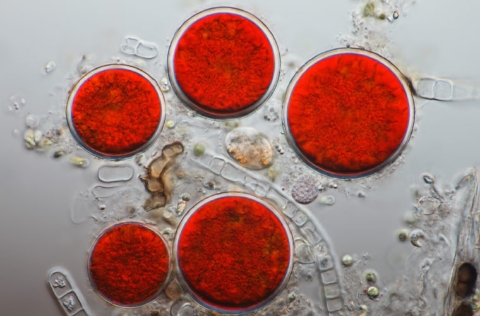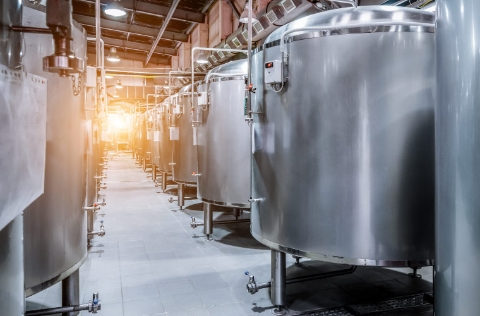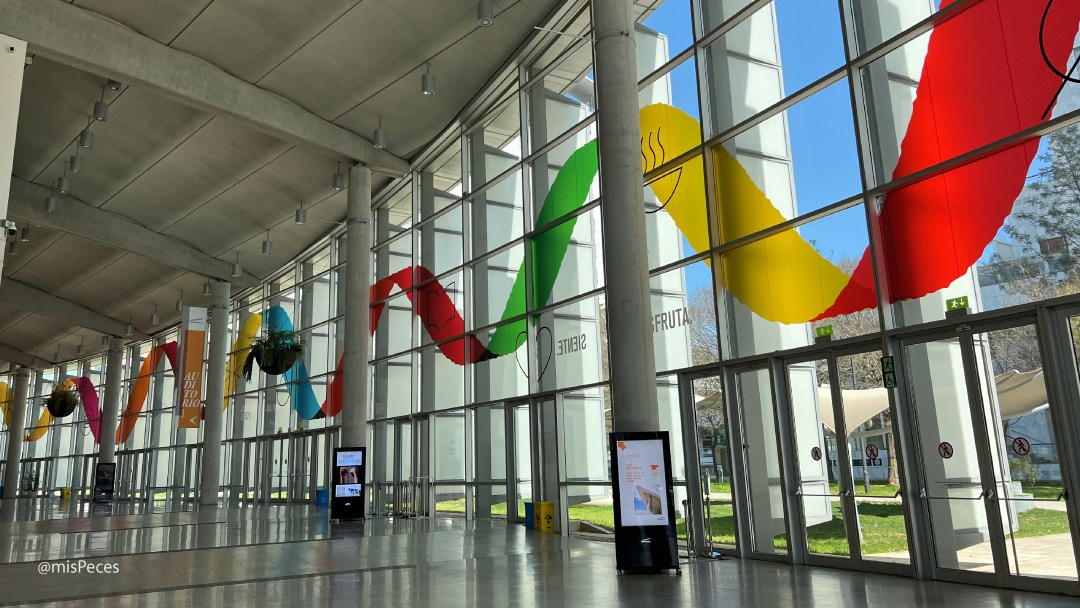
This September, the city of Valencia is preparing to host the most ambitious edition of Aquaculture Europe to date. With four months still to go, over 2,500 delegates are expected to attend the congress from 22-25 September, alongside a forecast of more than 600 scientific presentations. The event is shaping up to be a pivotal moment for the industry, bringing together researchers, businesses, policymakers and consumers to address the key challenges and opportunities facing European aquaculture.
Participants will represent more than 70 countries, with the highest number of scientific contributions coming from Spain, Norway, Italy, Portugal and France. Notable research has also been submitted from Germany, the UK and South Korea. This strong international presence underscores the congress’s growing global reputation and reflects the enthusiastic response from both academia and industry.
The exhibition space is nearing full capacity, with 170 companies confirmed to take part. Ten of these booths will from part of the Spanish pavilion, highlighting strong institutional support and a clear commitment to showcasing national innovation in aquaculture.
The scientific programme is equally impressive in scope, featuring 36 parallel sessions across 12 rooms within the venue. These include three major auditoriums seating 300, 500 and 1,500 people respectively, alongside nine additional conference rooms. This setup allows for comprehensive coverage of topics ranging from reproductive biotechnology to digital innovation in production systems, and from animal welfare to the environmental footprint of aquaculture.
The range of scientific topics reflects an integrated view of the sector’s challenges. In the area of reproduction and genetics, sessions will focus on advances in functional genome annotation, managing reproductive disorders and improving progeny quality. In nutrition and health, research will be presented on novel feed ingredients, next-generation vaccines, biosecurity protocols and animal welfare indicators. Emerging technologies such as biosensors, portable diagnostics and ‘omics’ approaches for food quality and safety will also feature prominently.
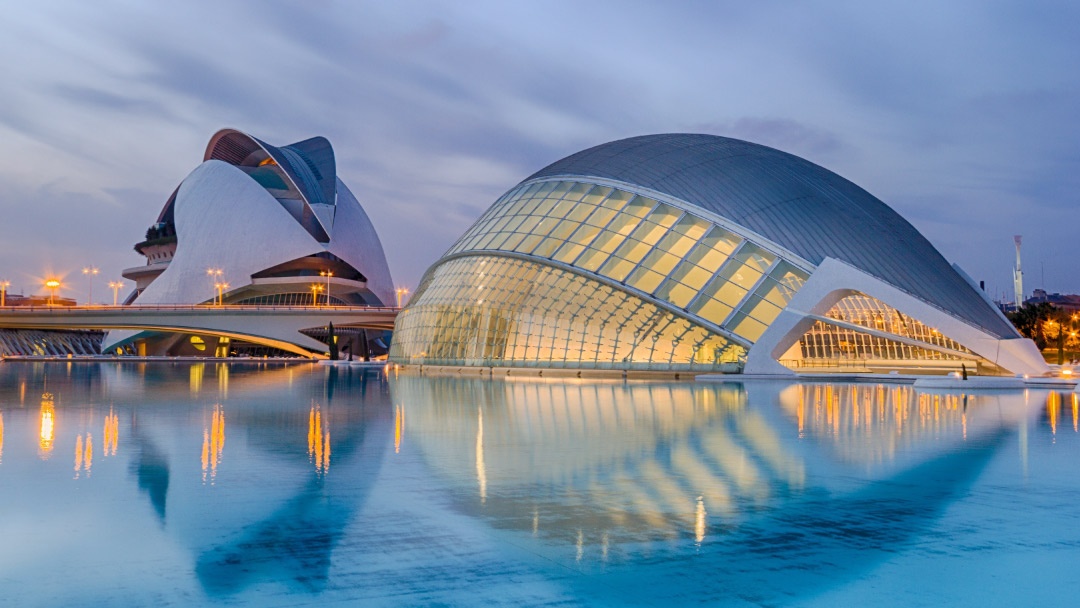 Ciudad de las Artes y las Ciencias
Ciudad de las Artes y las Ciencias
In addition to the packed scientific schedule, Aquaculture Europe 2025 will include dedicated spaces designed to bridge the gap between academic knowledge and industry needs. One of the highlights is the Industry Forum, where leaders from established firms, startups, clusters and trade associations will discuss market trends, regulatory hurdles, digitalization, sustainability and investment opportunities. The forum has become a key platform linking science and business.
Other parallel events will also take place, including the Innovation Forum, a special workshop organized by FAO on its Guidelines for Sustainable Aquaculture, a panel discussion organized by the Network of Women in Aquaculture, as well as training workshops, sessions on public policy and sustainability, discussions around consumer perception and communication, and networking opportunities aimed at fostering collaboration between businesses, research centres and government bodies. These activities further reinforce the congress’s mission to act as a catalyst for strategic alliances and facilitate the flow of knowledge in all directions.
Of particular interest are the three plenary sessions, to be delivered by internationally recognised experts. Carlos Duarte will explore regenerative aquaculture, a rapidly growing field of research; Elisabetta Giuffra will delve into genome annotation as a strategic tool for aquaculture species improvement; and Joan Riera will offer a critical perspective on seafood consumption habits and their implications for sector development.
A standout feature of the congress will be the involvement of the Next Generation Marine Science programme, ThinkInAzul. Its Sustainable and Smart Aquaculture branch will bring together contributions from six Spanish autonomous regions: Andalusia, the Canary Islands, Cantabria, Galicia, Murcia and Valencia. This scientific and technological consortium, involving numerous research institutes and universities, will present a portfolio of practical solutions for the aquaculture industry, focusing on technological products, policy recommendations and tools for public decision-making. The initiative aligns with the theme “Science for Policy”, aiming to bring science closer to decision-makers with actionable short-and medium-term proposals.
On the second evening of the event, the traditional President’s Reception will take place at the iconic City of Arts and Sciences in Valencia- a symbolic conclusion to what promises to be a landmark edition in the history of the European Aquaculture congresses.

